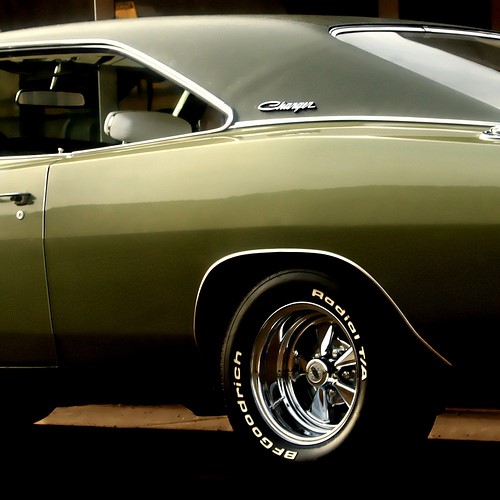
Many people are confused about the difference between torque and horsepower, two related concepts. Occasionally, people confuse torque and horsepower to the point where they are talking about one while actually referring to the other. Admittedly, these two forces are tightly related, so confusion is understandable, but they are actually very different in their applications.
What, Exactly, Is Torque?
The bare bones, rock bottom definition of ‘torque’ is the twisting force applied to something, per the University of Guelph’s Department of Physics. A good way to visualize this is to picture yourself changing a tire. You have a nut that you want to twist off its bolt, and you have a wrench which you are using to try and accomplish that. Let’s say the wrench is one foot long, and you are exerting force on that wrench to try and twist off the nut.
The torque in the above scenario is the perpendicular force you are applying to the wrench multiplied by the length of the wrench you are using. So if you were to exert 20 lbs. of force on the wrench from one foot away, you will have exerted 20 lbs. of torque on the nut. If you substitute a two-foot wrench, you would only have to exert 10 lbs. of perpendicular force in order to generate the same 20 lbs. of torque on the nut.

This should make it obvious that less energy is required when using a longer wrench, because it generates the same amount of torque. If you happen not to have a 2-foot wrench, you can achieve the same result by putting a 1-foot pipe over the wrench and exerting the same force on it, so the nut will loosen up much more easily.
How About Horsepower?
The simplest definition of ‘horsepower’ is the unit of measure that indicates how much work is being done by an engine in a discreet period of time, such as seconds or minutes. Here’s where the relationship between torque and horsepower comes into play: the horsepower generated by an engine is directly determined by how many times per second an engine creates torque, according to Lexus.
Thus, an engine which makes a large amount of torque but is rotating very slowly, with low RPMs, will generate a low horsepower value. Conversely, an engine making a small amount of torque rotating at very high RPMs will generate a huge amount of horsepower. From this, it should be fairly clear that horsepower is simply a function of torque at various RPMs. Horsepower and torque are concepts frequently discussed at auto websites, such as torquecars.com.
At lower speeds, engines make more torque but at fewer times per minute with lower RPMs, so the related horsepower value is low because the engine does less work. On the other hand, when RPMs are increased, torque decreases but the torque is being made more times per minute, so the horsepower actually increases because the amount of work done is greater.







